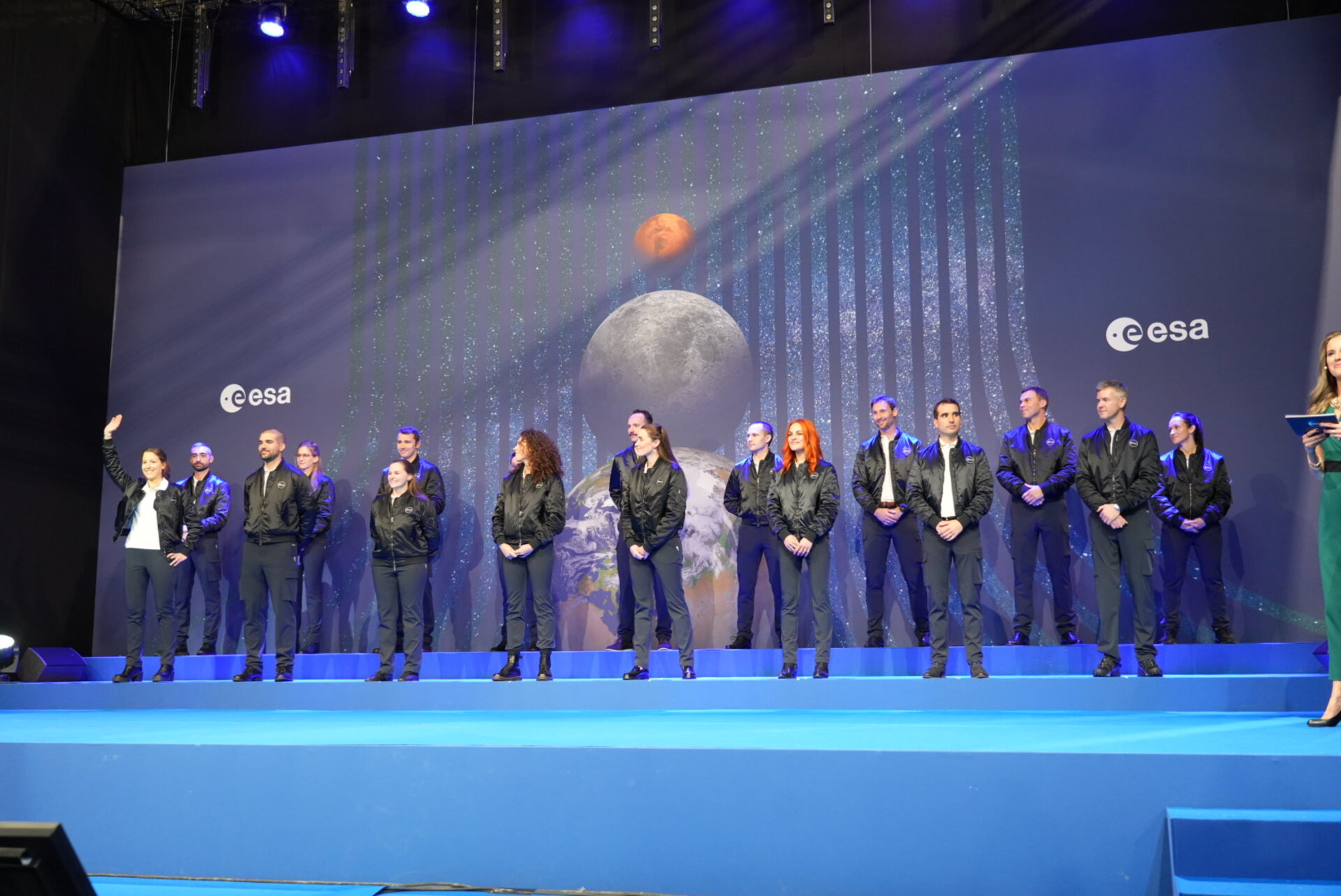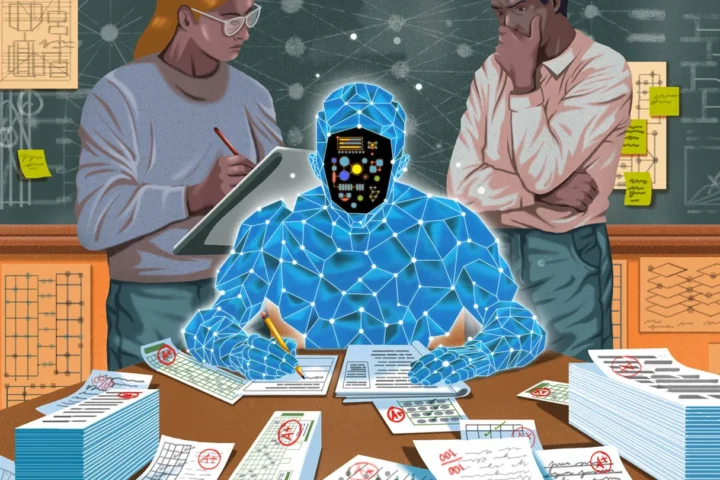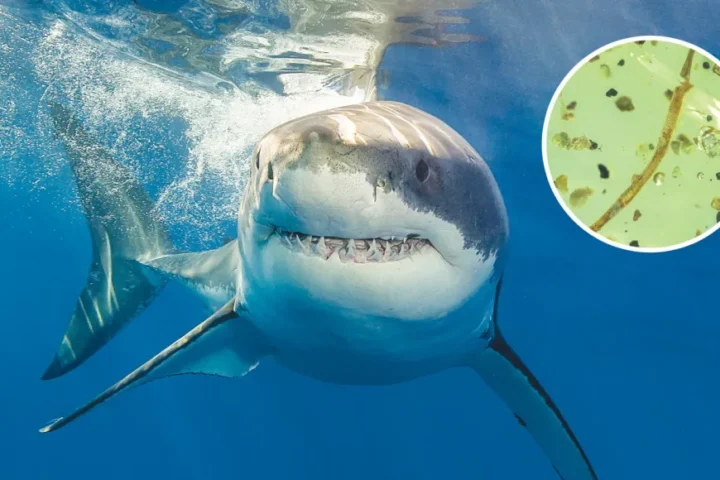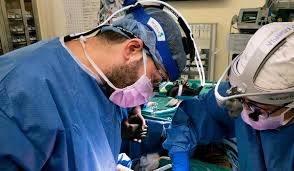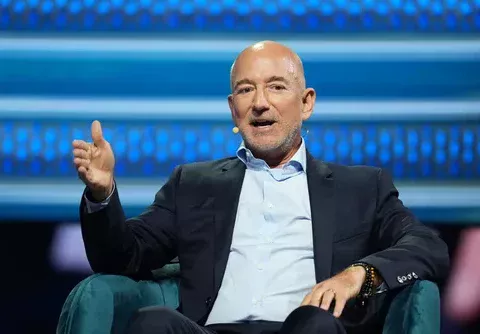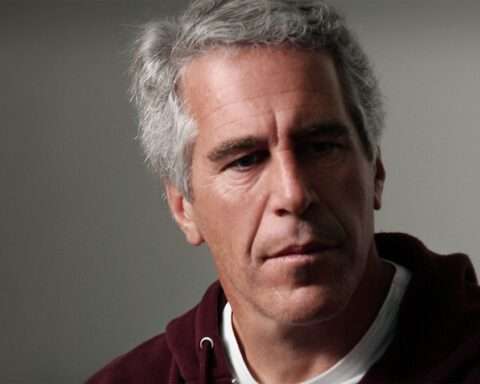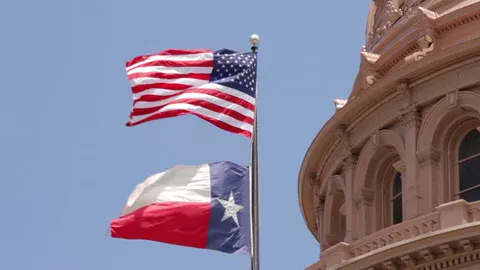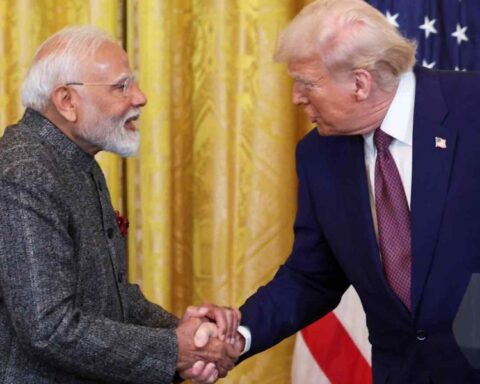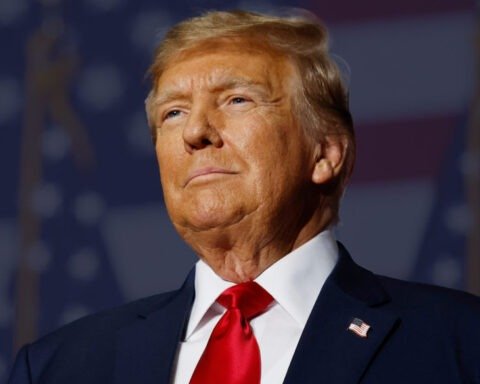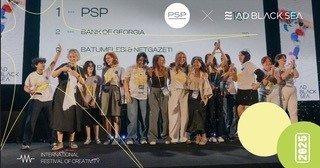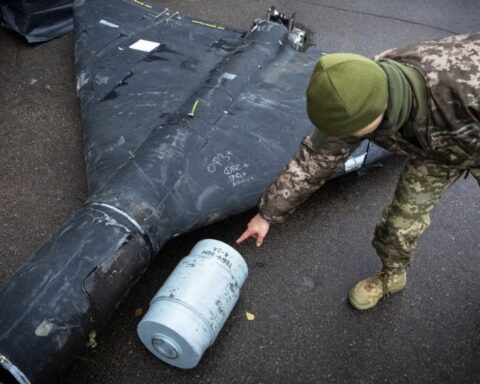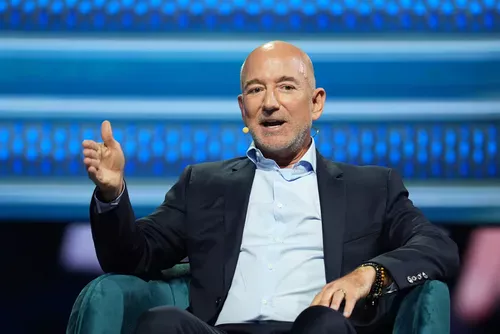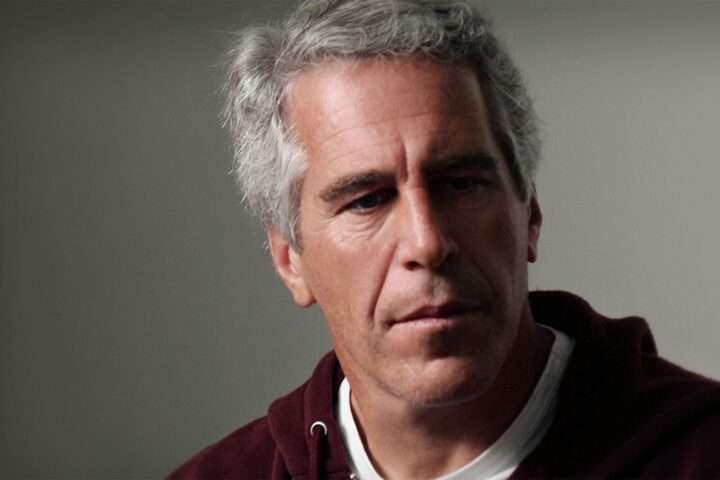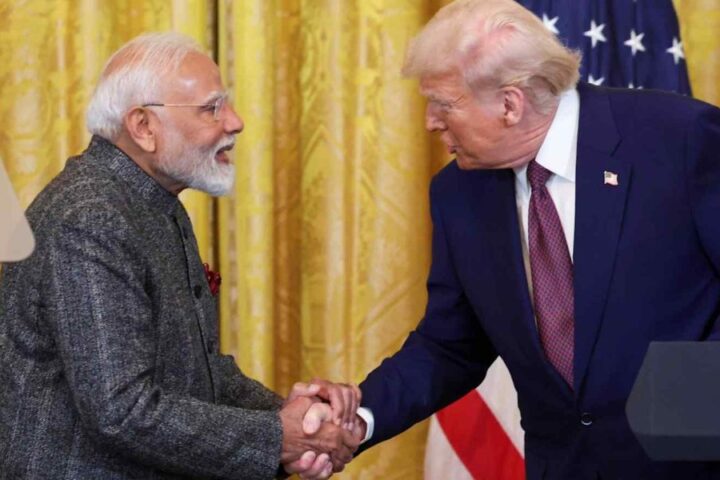The European Space Agency has chosen 17 new astronaut candidates from more than 22 500 applicants from across its Member States.
Thank you for reading this post, don't forget to subscribe!In this new 2022 class of ESA astronauts are five career astronauts, 11 members of an astronaut reserve and one astronaut with a disability.
ESA Director General Josef Aschbacher introduced the members of the 2022 ESA astronaut class, the first new recruits in 13 years, today at the Grand Palais Éphémère in Paris, France, shortly after the ESA Council at Ministerial level ended.
The ESA astronaut candidates are
| Name | Member State | |
| Sophie Adenot | France | Career Astronaut |
| Pablo Álvarez Fernández | Spain | Career Astronaut |
| Meganne Christian | UK | Member of the Astronaut Reserve |
| Anthea Comellini | Italy | Member of the Astronaut Reserve |
| Rosemary Coogan | UK | Career Astronaut |
| Sara García Alonso | Spain | Member of the Astronaut Reserve |
| Raphaël Liégeois | Belgium | Career Astronaut |
| John McFall | UK | Parastronaut Feasibility Study Member |
| Andrea Patassa | Italy | Member of the Astronaut Reserve |
| Carmen Possnig | Austria | Member of the Astronaut Reserve |
| Arnaud Prost | France | Member of the Astronaut Reserve |
| Amelie Schoenenwald | Germany | Member of the Astronaut Reserve |
| Marco Sieber | Switzerland | Career Astronaut |
| Aleš Svoboda | Czech Republic | Member of the Astronaut Reserve |
| Sławosz Uznański | Poland | Member of the Astronaut Reserve |
| Marcus Wandt | Sweden | Member of the Astronaut Reserve |
| Nicola Winter | Germany | Member of the Astronaut Reserve |
“Today we welcome the 17 members of the new ESA astronaut class 2022. This ESA astronaut class is bringing ambition, talent and diversity in many different forms – to drive our endeavours, and our future.
“The continuous exploration in low Earth orbit on the International Space Station, going forward to the Moon – and beyond,” said ESA Director General Josef Aschbacher.
ESA’s director of Human and Robotic Exploration, David Parker, added “This is an extraordinary time for human spaceflight and for Europe.
After the successful launch of Artemis I with ESA’s European Service Module powering Orion to the Moon, we are on the forefront of human space exploration. We are delighted to have this group of extremely talented people, to continue European science and operations on the International Space Station and beyond.”
ESA’s new astronaut candidates will take up duty at the European Astronaut Centre in Cologne, Germany. They will be trained to the highest level of standards as specified by the International Space Station partners.
Frank De Winne, head of the European Astronaut Centre and ESA’s International Space Station programme Manager said: “We are excited to welcome the new ESA astronaut class of 2022 and I am looking forward to see all these ambitious young career astronaut candidates joining us for their first training at ESA’s European Astronaut Centre in spring 2023, going forward to explore and shape space exploration.”
After completion of the 12-month basic training, the new astronauts will be ready to enter the next Space Station training phase and, once assigned to a mission, their training will be tailored to specific mission tasks.
For the first time, ESA has established a reserve pool of astronauts. This reserve list is composed of astronaut candidates who were successful throughout the entire selection process but cannot be recruited at this point in time. Astronauts in the reserve remain with their current employers and will receive a consultancy contract and basic support. They will start basic training in case a flight opportunity has been identified.
ESA also selected one astronaut candidate with a physical disability. He will take part in the Parastronaut Feasibility Project to develop options for the inclusion of astronauts with physical disabilities in human spaceflight and possible future missions.
The ESA astronaut class 2022 includes five career astronauts, 11 reserve astronauts as well as one astronaut with a physical disability.



